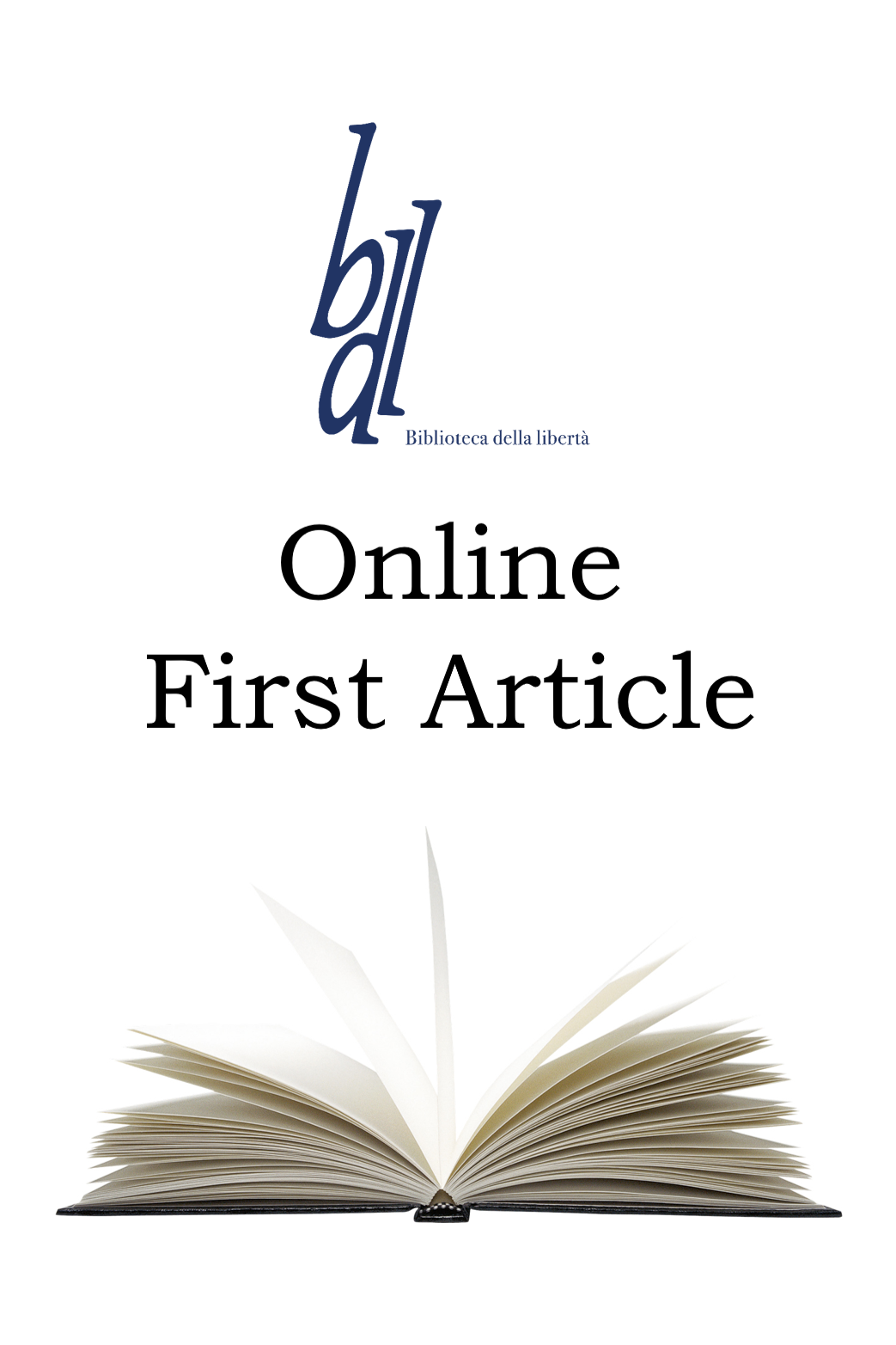- Ricerche e Progetti
- Biblioteca della Libertà
- Pubblicazioni e Working Paper
- Articoli e media
- Eventi e notizie
All issues
Augustine and the Pursuit of Knowledge during a Crisis
Anno LV, n. 228, maggio-agosto 2020
- Categoria/Category
- Anno LV, n. 228, maggio-agosto 2020
- Autore/Author
- Catherine Nolan
- Editore/Publisher
- Centro Einaudi
- DOI
- 10.23827/BDL_2020_2_5
- Luogo/City
- Torino
- Articolo completo/Full text
- 05-BDL228_Nolan.pdf
Abstract
Today we find ourselves in a world where the internet has made information more accessible than ever. This can become overwhelming during a pandemic or other major crisis, when policies must be implemented which compromise some of our interests in order to diminish the effects of the crisis; most people are asked to sacrifice some things they value. Because new policies will affect us in major ways and because we can research the crisis at hand, we may feel a moral obligation to do exactly this. Following the news may seem imperative; having well-informed opinions about every new problem, especially in matters that affect so many people, may seem to be a social duty. However, this sense of obligation is mistaken: most people are not morally obligated to attempt to solve the dilemmas produced by major crises. In the writings of the medieval philosopher Augustine of Hippo, we can find an argument that engaging in such intensive research is even morally wrong for some of us, since it distracts us from other, more important relationships. Freeing ourselves from this false sense of moral obligation means freeing ourselves from the overwhelming reports of tragedies which we are powerless to prevent, the exhausting barrage of fake news, and the never-ending burden of attempting to convince our acquaintances of our scientific, political, and moral claims. We ought to focus instead on acting in loving ways towards those who are close to us.







